Reading
At Holgate Primary and Nursery School, we aim for every child to make progress through fostering a love of reading.
The teaching of reading throughout school falls primarily into two main areas: word reading and comprehension.
Word reading is a key focus particularly in children's early schooling where there are daily phonics sessions as well specific reading sessions. Phonic sessions follow a four-part format allowing children to revisit/review previously learnt sounds/words; teach, where they learn new sounds; practise; which allows children to 'try out' the sound(s) and apply, where children use these newly taught sounds in context. KS1 provision aims to be opportunities for phonic practice and application through use of LaunchPad Reading, which focuses on decoding and comprehension. This then moves into Orbital Reading, which supports the development of inference as well as retrieval. This ensures children are exposed to texts that practice their current phonics teaching and allows them opportunities to apply the skills learnt in discrete phonics sessions
Throughout school, comprehension is taught so that children can understand what they have read. We use RIC principles to structure our comprehension teaching (Retrieve, Interpret and Choice) which allows us to focus on author intent as well as inferring and retrieving information in order to fully cover all areas of the reading content domain. Children have the opportunity to apply their understanding in a wide range of ways including, but not limited to, using text to draw settings/characters, answering questions, matching/sequencing activities and specific vocabulary activities. Additionally, in KS2, APE (Answer, Prove, Explain) is used as both a teaching tool and a resource to support children with structuring higher-level answers.
Children are taught through a variety of whole class, small group and 1:1 reading sessions. All children are exposed to a range of authors and text types throughout these sessions.
Additional reading enrichment takes place throughout the school, with books shared in Talking Points (PSHRE), texts used to support Curriculum Vehicle sessions, assemblies and whole-class reads.
Our Reading Offer
We use the following agreed reading offer for children:
Reading for Pleasure
Children can enjoy reading purely for reading’s sake by:
- A class shared text daily
- Using high-quality texts
- Opportunities for quiet reading in class throughout the week
- Sharing stories written by a range of authors
- Use of the school library
- Use of the outdoor reading shed
- Our Holgate Family Library - books can be borrowed from the reception foyer
- Visiting Hucknall Library half termly - We encourage all children to sign up to become Library members, the online application can be found here.
Look at some of fantastic Reading for Pleasure opportunities in school
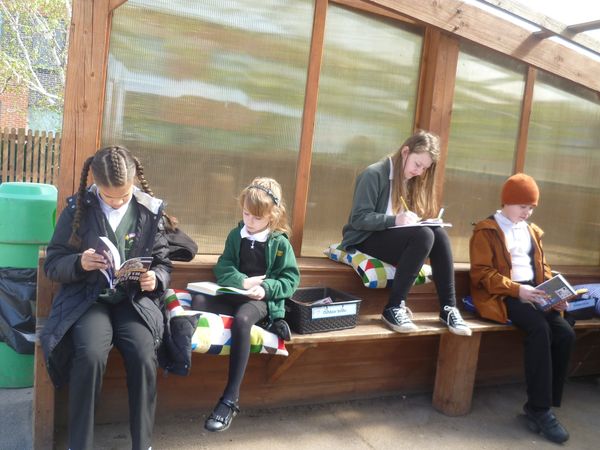
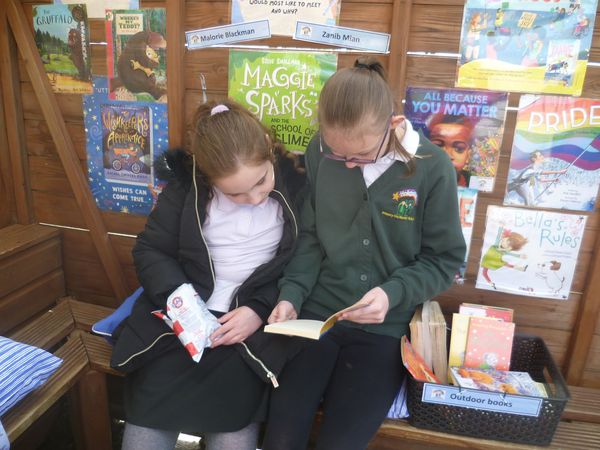
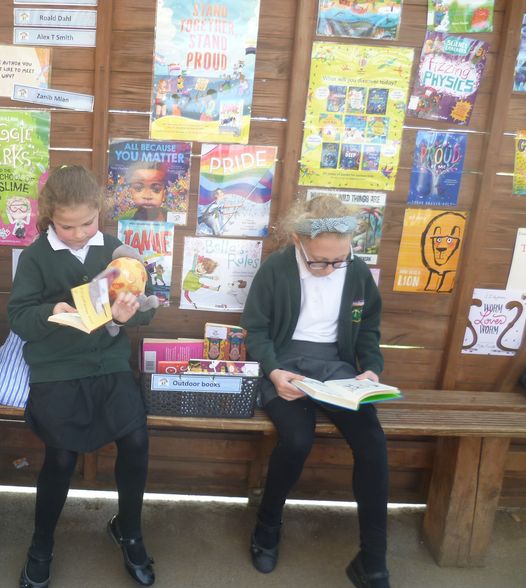
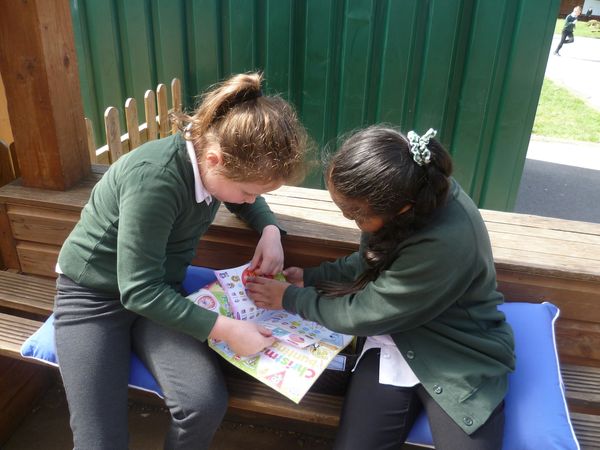
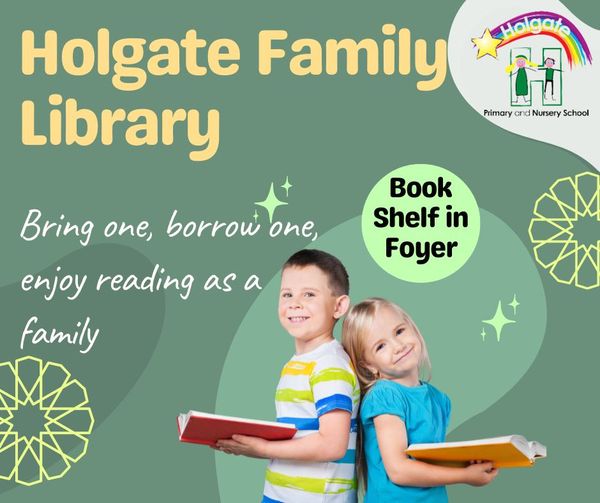
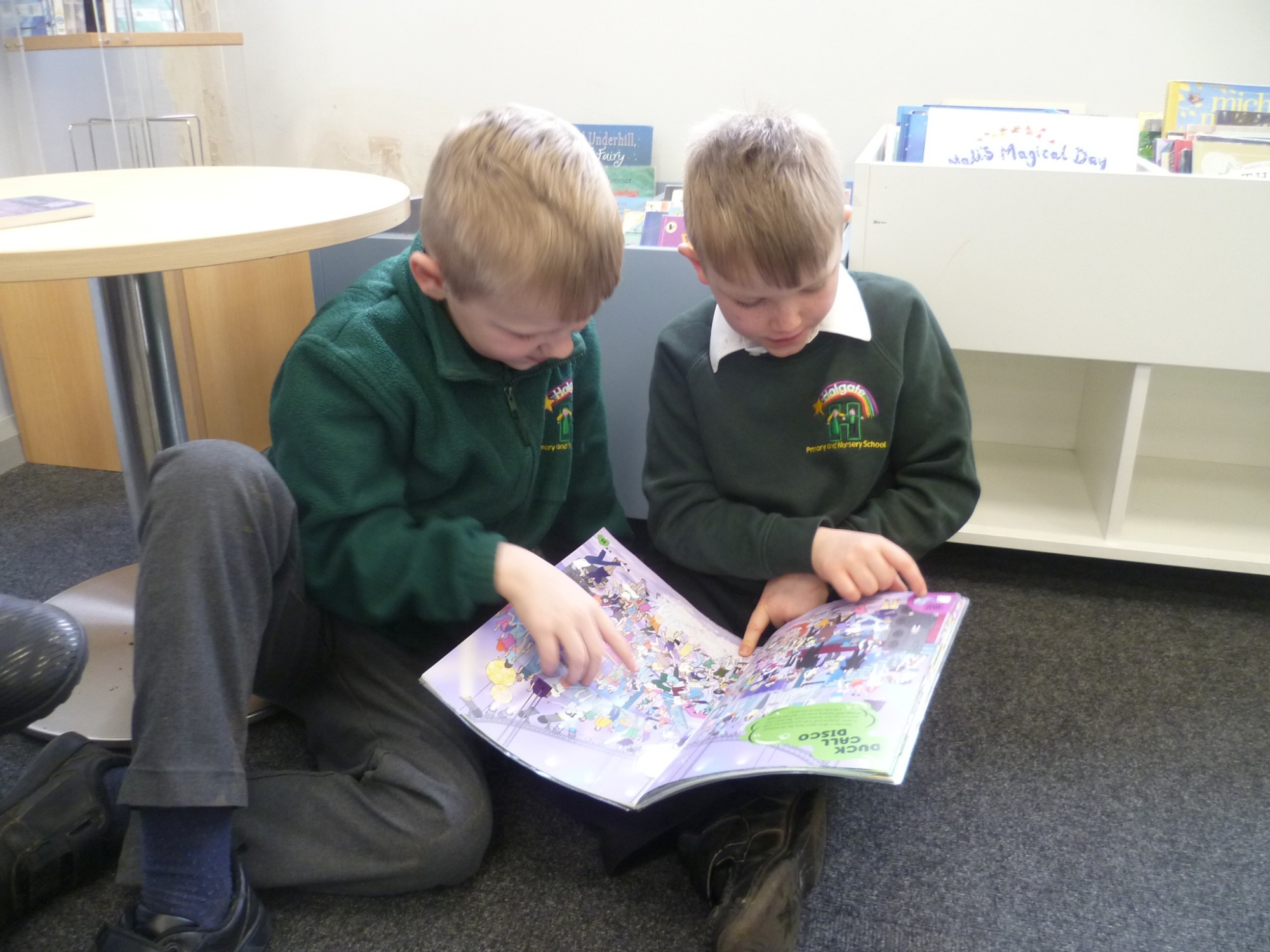
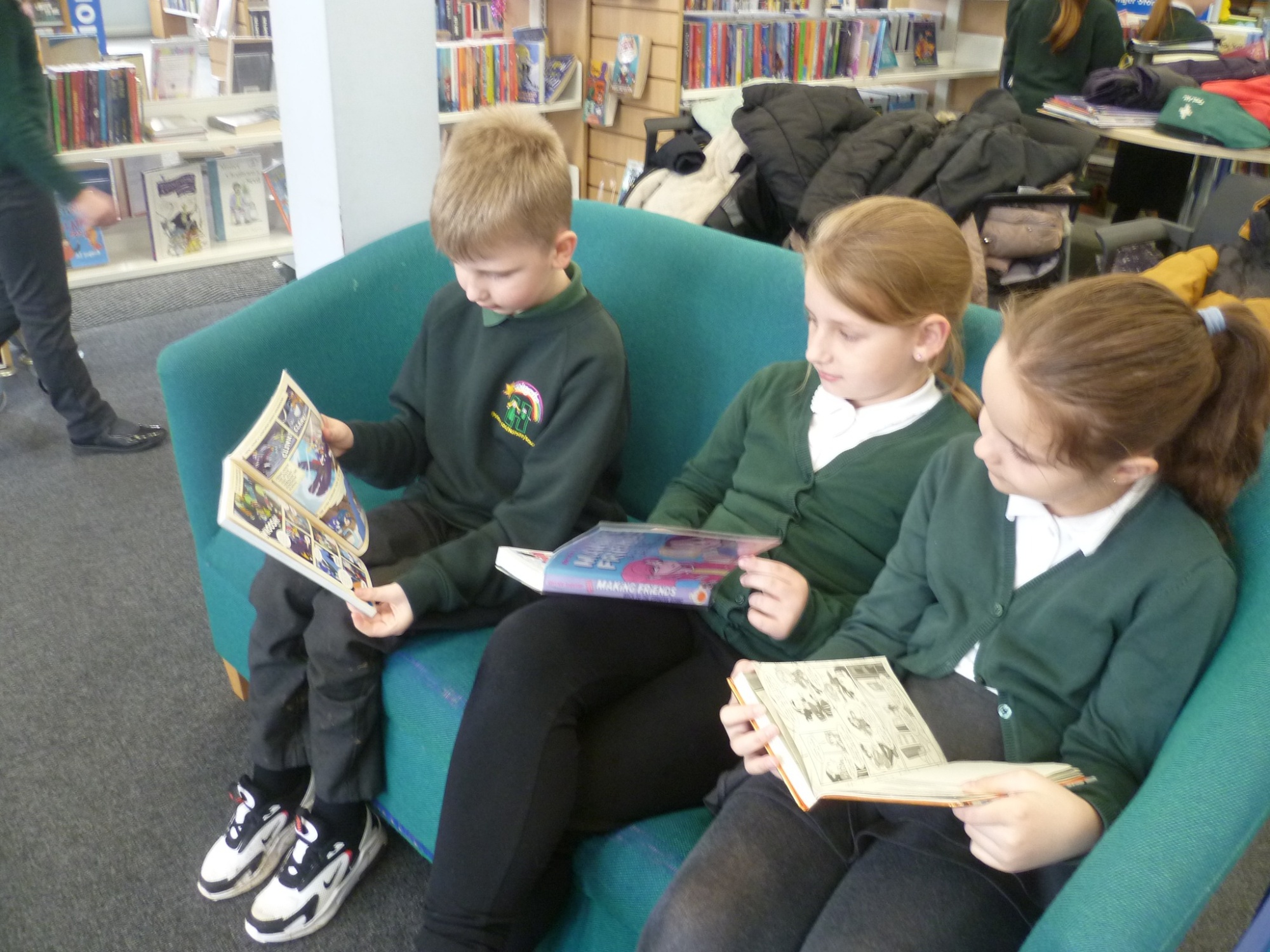
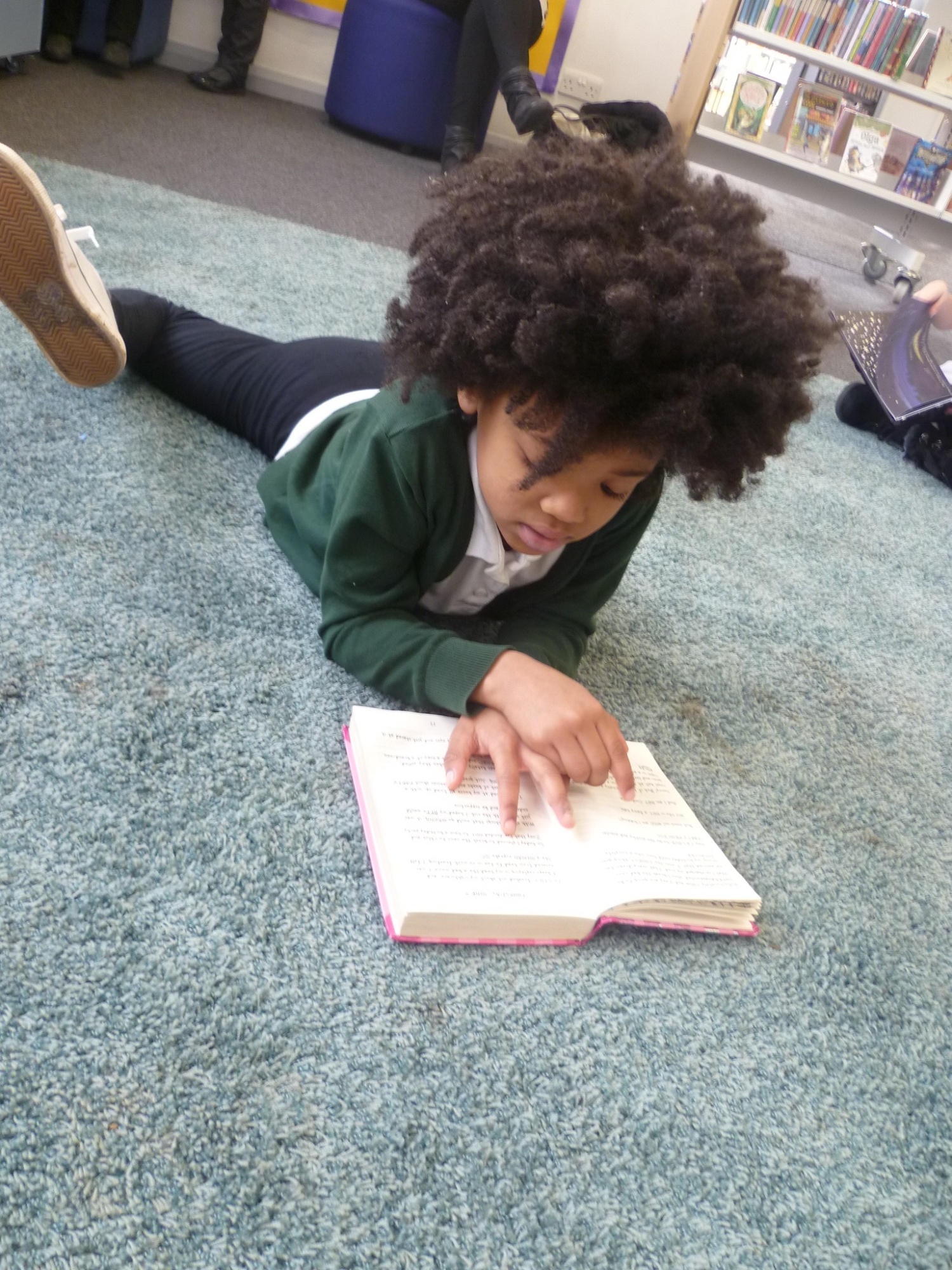
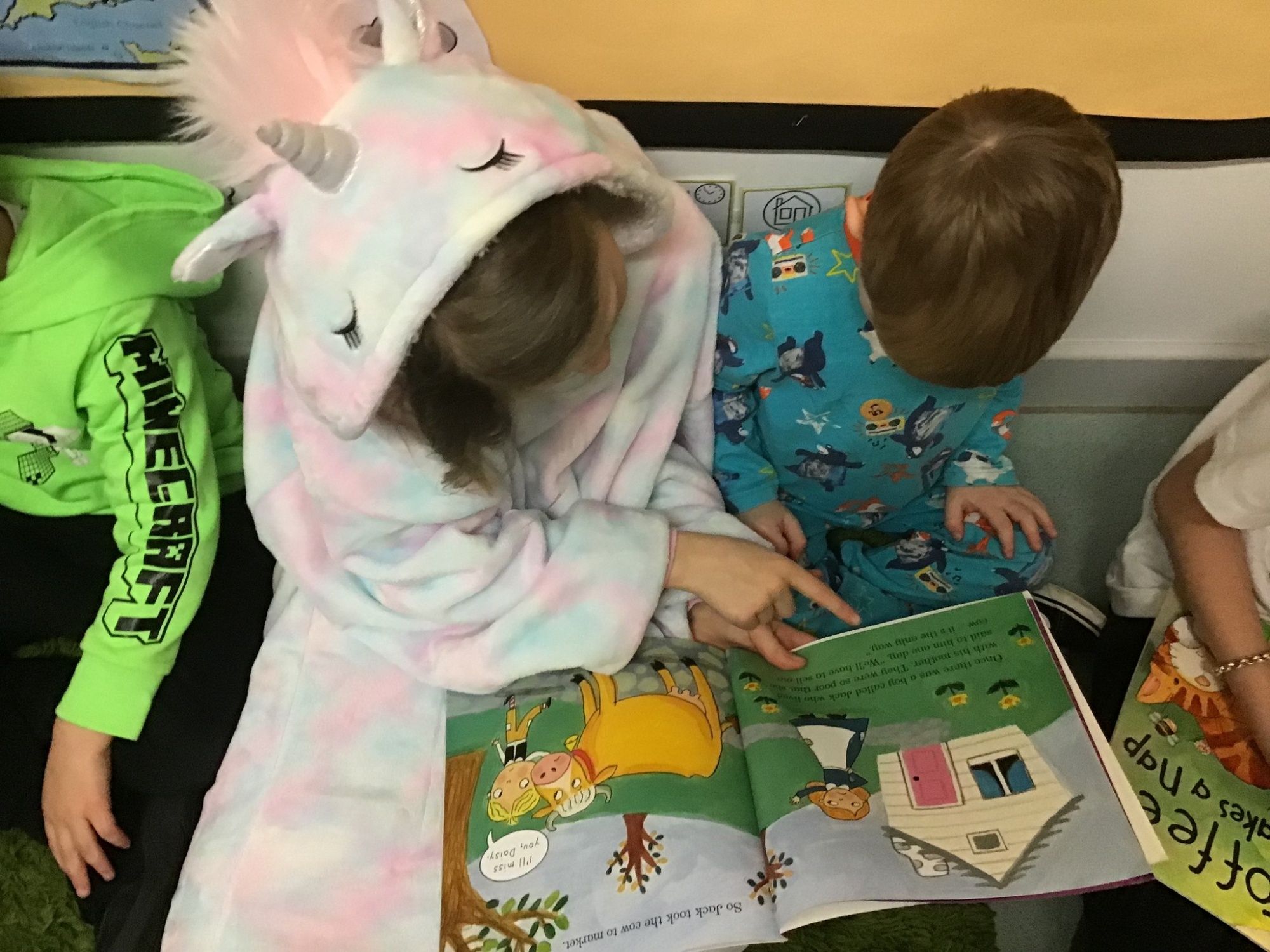
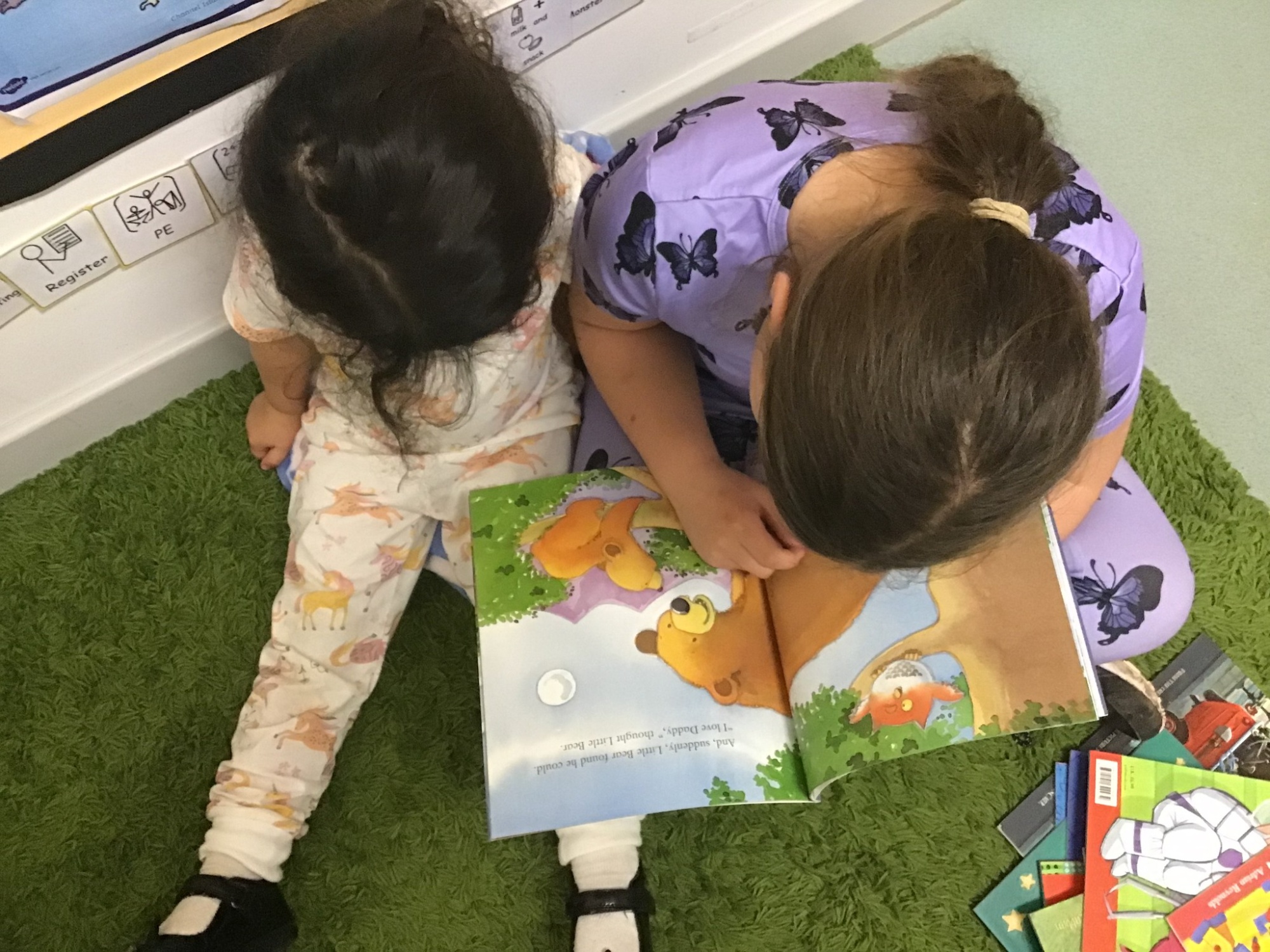
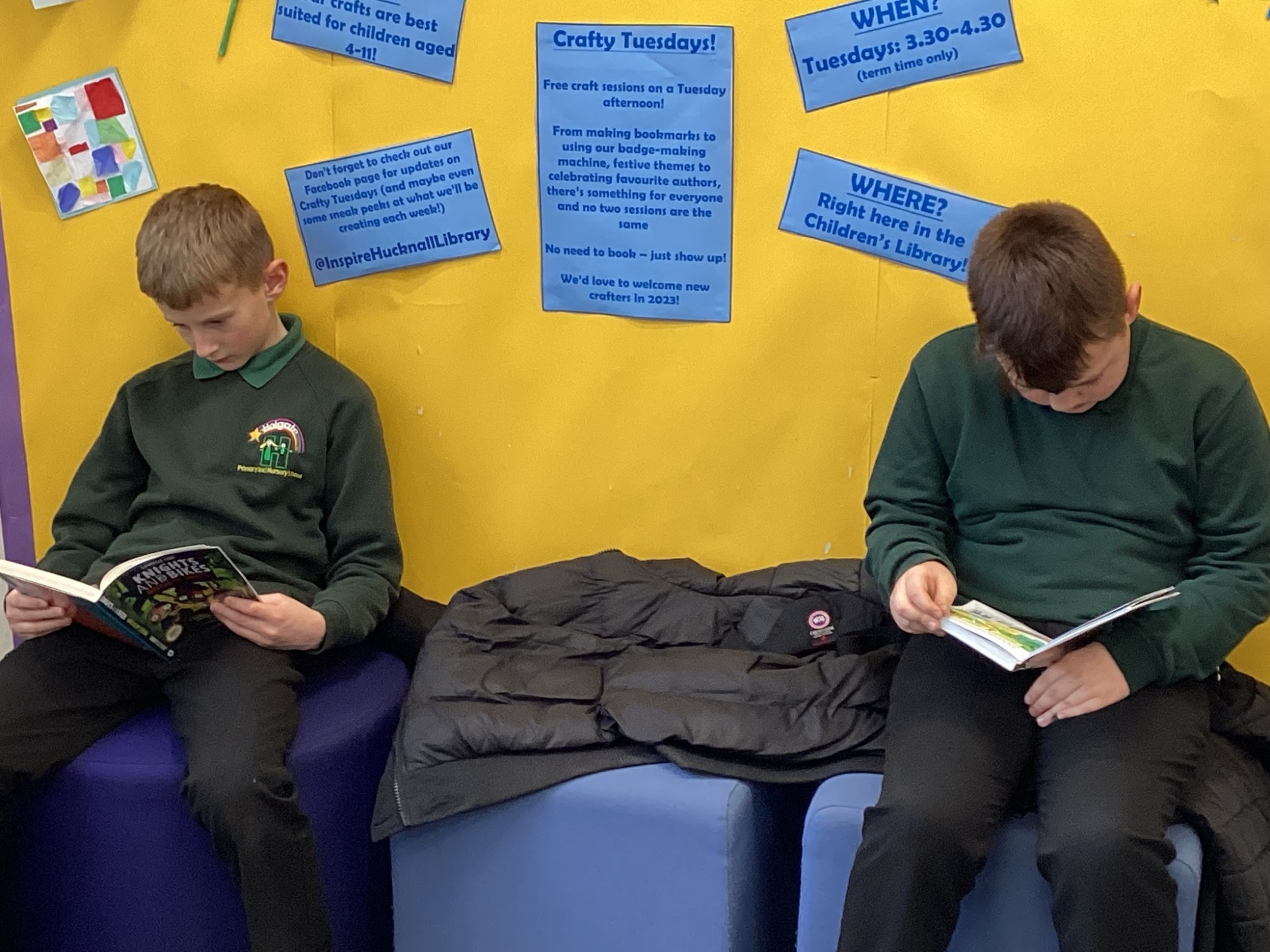
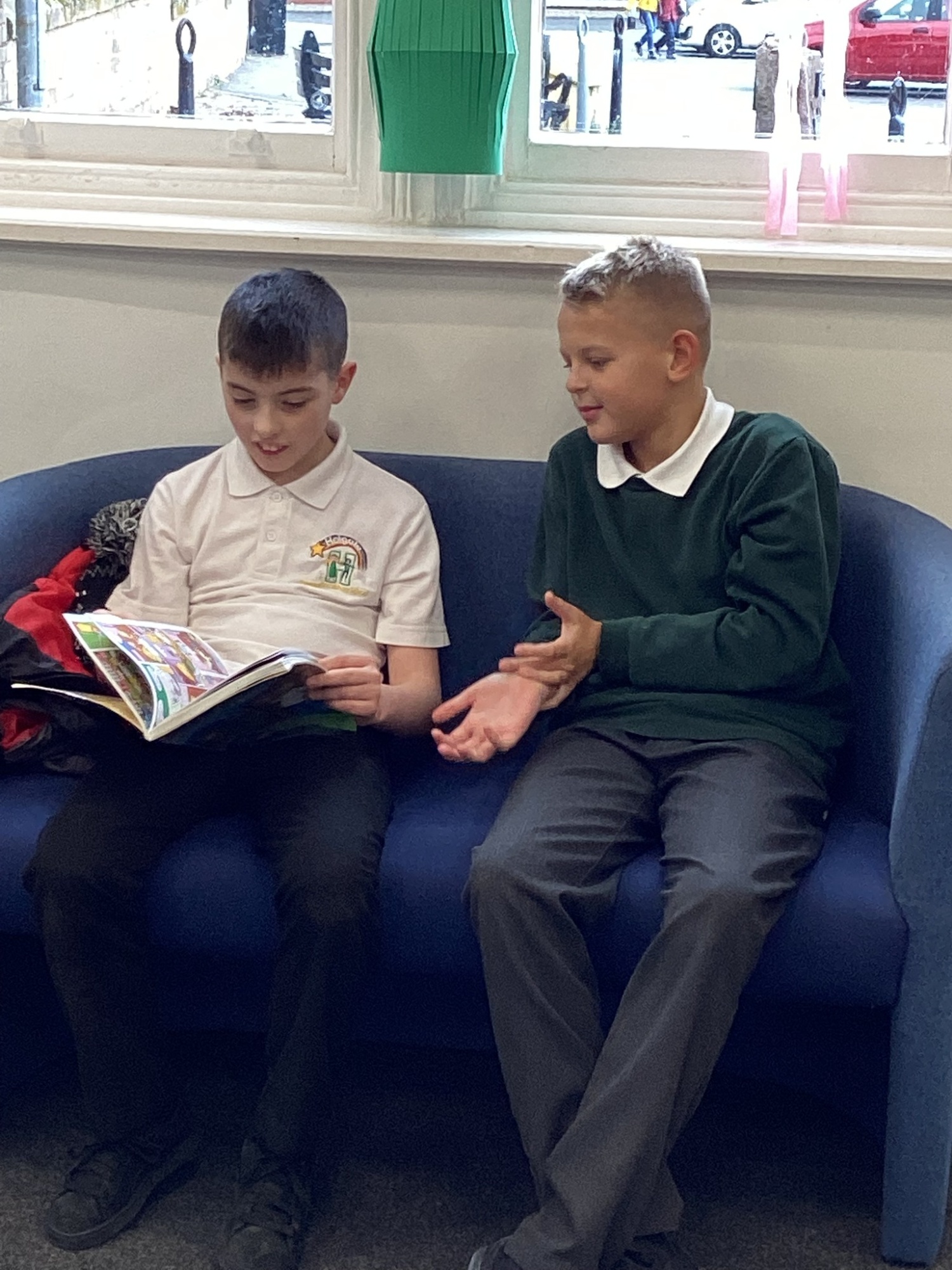
Teaching of Reading
Children’s teaching of Early Reading includes the following strategies:
- Daily Monster Phonics sessions
- Catch up phonics sessions
- Whole class reading
- 1:1 reading
- Shared reading
- Sharing of quality texts
- Sharing of rhymes and traditional tales
- Vocabulary teaching
- Reading interventions
- Reciprocal reading strategies
- Speech and language interventions such as Talking Tables and language Link
- Reading across the curriculum.
- Launchpad Reading
Reading is continued once children are more competent readers through:
- At least 4 whole class reading lessons a week which develop such skills as vocabulary, comprehension, inference and skimming/scanning
- 1:1 reading
- Shared reading
- Sharing of quality texts
- Reciprocal reading sessions/interventions
- Comprehension rich sessions across the curriculum
- Orbital Reading
Range of Texts
Children are encouraged to explore a range of genres, authors, structures and complexity of texts by:
- Using a range of age-appropriate texts – each year group has a range of Core Texts which includes poetry, classic texts, traditional tales, non-fiction and a range of fictional stories
- Being questioned in a way that will challenge the children and include a range of question types to suit the text
Our Core Text selection is currently under review
EYFS's Core Texts
Under review
Year 1's Core Texts
Under review
Year 2's Core Texts
Under review
Year 3's Core Texts
Under review
Year 4's Core Texts
Under review
Year 5's Core Texts
Under review
Year 6's Core Texts
Under review
Shared Reading
Children have opportunities to share texts, talk about books, read to others and be read to.
Active Engagement
At times, children will have the opportunity to engage with a variety of texts using drama, role play, models and film by:
- Role playing stories that are familiar to them
- Performing and reading aloud texts as well as their own compositions
- Using drama techniques, such as, but not limited to, conscience alley and freeze frames, to explore character
- Using a range of reading and inference skills to explore film clips
Positive Role Models
- Adults engage in reading themselves and talk about the books they have read.
- Author visits to the school to inspire and encourage reading and writing.

